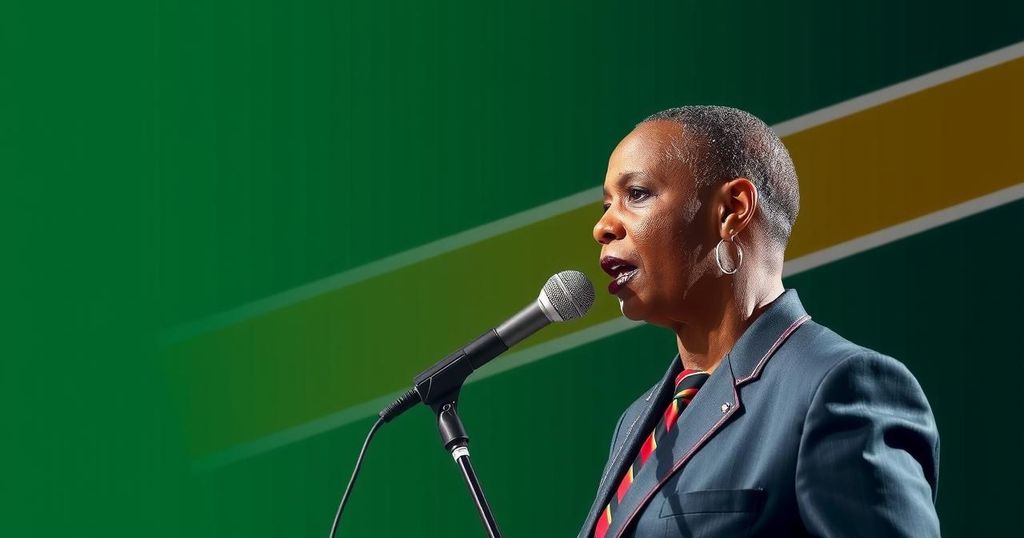Botswana’s governing party, the BDP, lost its parliamentary majority in a recent election, leading to the end of its 58-year rule. The opposition coalition, UDC, led by Duma Boko, capitalized on socio-economic grievances, particularly among young voters. President Mokgweetsi Masisi conceded defeat, urging support for the incoming administration, while public sentiment in Gaborone illustrated a desire for change amid rising unemployment and economic setbacks.
Botswana’s ruling party, the Botswana Democratic Party (BDP), experienced a historical defeat in the recent general election, bringing an end to its 58-year dominance over the country’s political landscape. President Mokgweetsi Masisi has acknowledged this defeat, with preliminary results indicating his party’s substantial loss in parliamentary seats. As the majority of constituency results became available, the opposition coalition, known as the Umbrella for Democratic Change (UDC), emerged as a formidable competitor. Led by legal professional Duma Boko, the UDC appeared poised to secure the presidency after a significant lead, having reportedly won 26 out of 41 contested seats. The failures of the BDP have been attributed to escalating socio-economic issues, particularly among the youth, alongside a downturn in the diamond sector, which has historically underpinned Botswana’s economy. With unemployment figures soaring to 28% and economic growth suffering, President Masisi cited respect for the democratic process in his concession, stating, “Although I wanted to stay on as your president, I respect the will of the people and I congratulate the president-elect. I will step aside and I will support the new administration.” In contrast, the atmosphere in the capital, Gaborone, reflected a sense of elation among UDC supporters, illustrating the public’s desire for change. Young voters, such as student Mpho Mogorosi, expressed pride in participating in this electoral transformation. This recent election parallels a wider trend in southern Africa, where other long-standing parties are also facing challenges at the polls, such as South Africa’s African National Congress, which recently lost its majority. As countries like Namibia gear up for their elections, the shifting political landscape may prompt reevaluation among ruling parties that overlook economic growth and employment concerns.
The recent elections in Botswana marked a significant turning point in the nation’s political history, ending nearly six decades of rule by the Botswana Democratic Party (BDP), which has been in power since the country gained independence from Britain in 1966. The political climate in Botswana has been heavily influenced by socio-economic issues, particularly among the youth, who have voiced their concerns regarding unemployment and diminished economic prospects due to a downturn in the diamond market. As the country moves forward, the results of this election serve as an important indicator of changing political sentiments in southern Africa, where other long-ruling parties are experiencing similar challenges.
In conclusion, the electoral defeat of Botswana’s ruling BDP signifies a pivotal moment in the country’s governance, underscoring the electorate’s demand for change driven by pressing socio-economic challenges. The success of the UDC indicates a shifting political landscape, with implications that extend beyond Botswana, warning long-established parties throughout southern Africa that sustaining political power requires responsiveness to the populace’s economic conditions and aspirations.
Original Source: www.cnn.com






